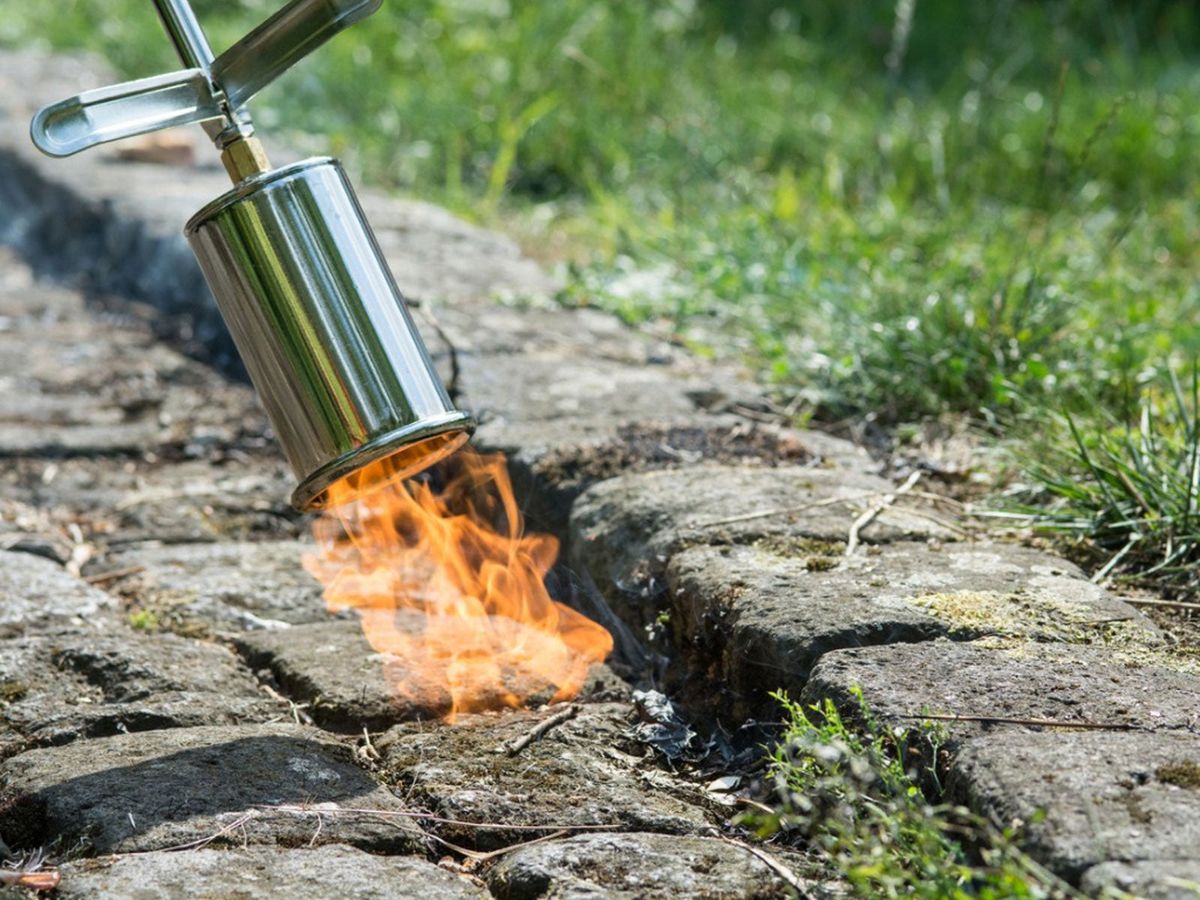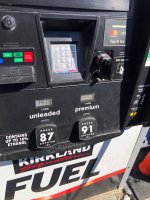When you remove the ethanol from modern gas, you're pulling oxygen from the burn... and losing power.
This is actually somewhat incorrect. Ethanol has 30% less energy than gasoline, and anyone who travels long distances in the USA and has been able to find ethanol free gas (it's used to be much easier to find there, even in regular 87) and ran several full tanks on long trips can tell you that you get notably better fuel economy on non-ethanol fuel on most vehicles with naturally aspirated non high performance engines.
Ethanol does increase octane, which can increase power in *some* engines, particularly non naturally aspirated or high compression engines. But in general most people do not own such engines in run of the mill vehicles, therefore the end result is less power and lower fuel economy as a result of more consumption to travel the same distance.
This article provides the advantages and disadvantages of using fuel ethanol to help give engine owners a balanced view and make the most of their fuel.

extension.psu.edu
There are places where you can drive up to the gas dock and pump 0 ethanol marine gas into your metho-phobic tank.
Don't count on it anymore. I have a family member with a 35' twin aft cabin express cruiser so needless to say we're familiar with fueling up "on the water". At several marinas last summer along the Trent we were told they only had regular 87, or ethanol 91 - NO non ethanol. Supply was getting difficult for them already last summer reportedly.
In the marine environment, this will actually be a big issue for SOME vessels for sure. In the case of my family members boat it's less of a big deal as the engines run fine on 87, and the fuel tank is in the very bottom of the hull and isolated from big temperature swings that cause the tank to "breathe" in and out a lot and draw in moisture that separates into water in the tank. But on other small boats with exposed fuel tanks that get baked in the sun through the day and then contract and draw in moist air overnight, over and over again all summer long, especially if they're sitting, bigger deal. Things like Jetskis that also get baked and have tanks subject to these temperature swings, also a big deal. It's going to be very prudent for the owners of these sorts of things to ensure they burn out the fuel regularly, or install water separators or something.
When we owned our 2 Jetskis I only ran regular 87 all summer, but they rarely sat more than 6-10 days between runs, and I always parked them full to the brim with fuel so that there was simply no room for significant "breathing" of the tank in and out that would draw in moisture. I think the latter bit is going to be the most important bit for many people with small engines that get used frequently. For infrequent use, tougher situation, but buying the stupid expensive ethanol free bottles of "pure gas" at the end of the season, draining out all the old fuel, and then running some of that though the fuel system (with stabilizer) might be key.
Actually, they have watered down ethanol, which is essentially low temp washer fluid, so I think they're good to go!
Unless you get an *exact* cut when draining off the water/ethanol mixture, there may still be some trace of gasoline mixed in there, so I'm not sure I'd want to use it as washer fluid myself.
Makes great starting fluid for charcoal BBQ's though, or campfires. Just make sure to use insane levels of caution as the flames can be near invisible, so you can light yourself on fire and not even know it.
Maybe it's my wishful thinking, but I try to believe that Costco's 91 is still ethanol free since it doesn't have the sticker. This is Dixie and Dundas in Mississauga btw.
The lack of an "ethanol free" sticker is the guideline now, not the lack of an inclusion of an "contains ethanol" sticker - it's just to be assumed now.




















